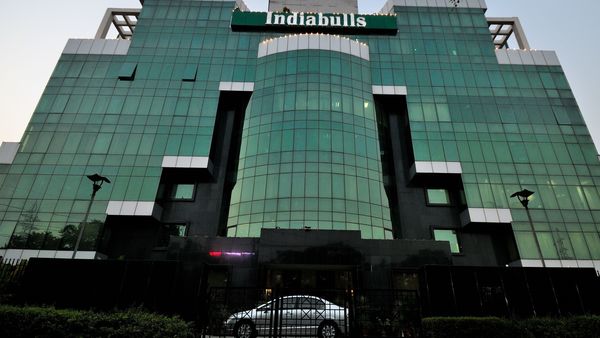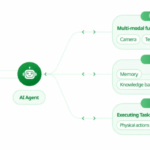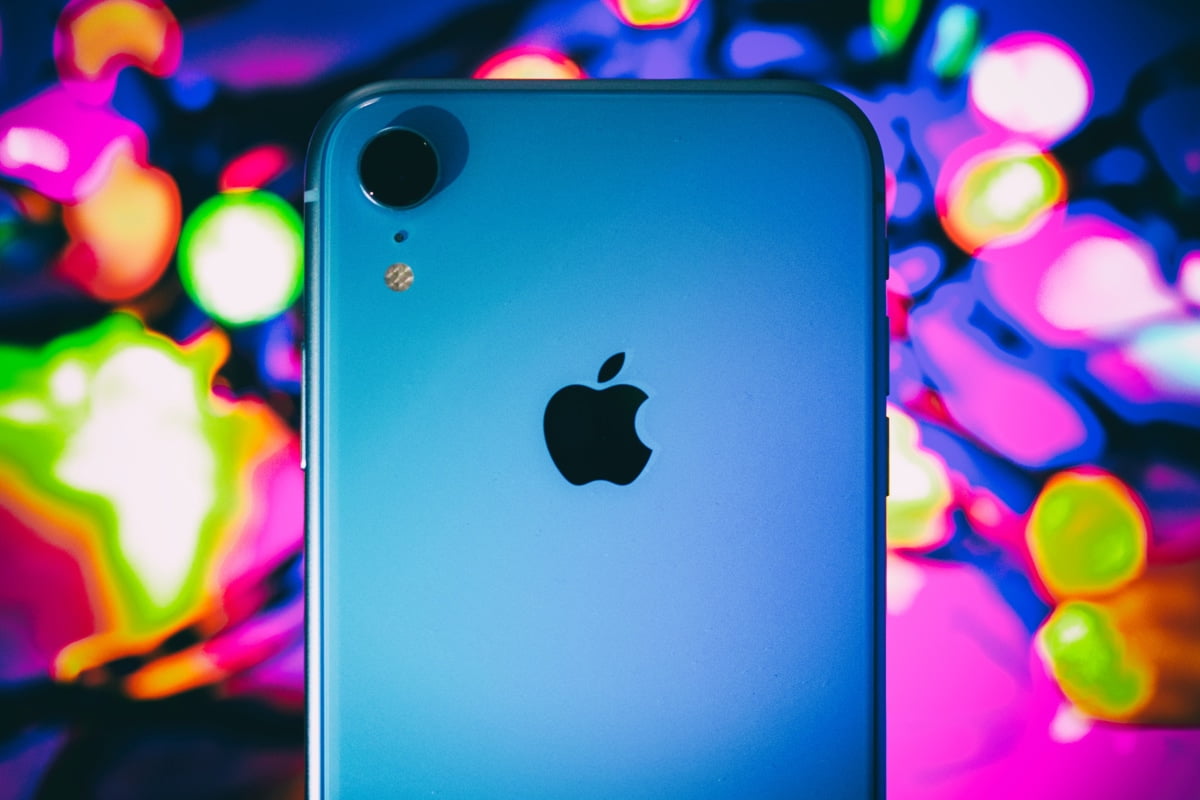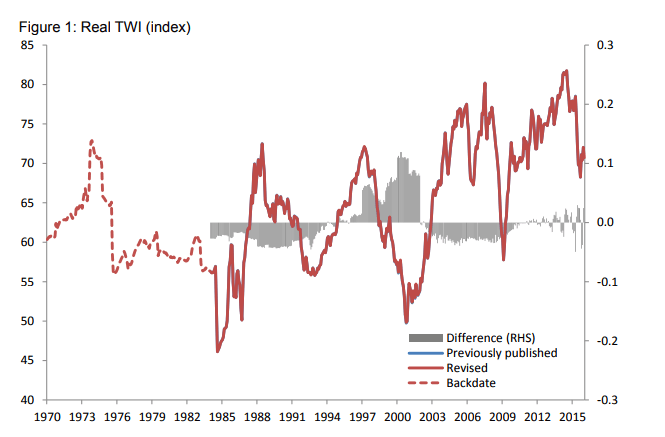
It’s easy to get caught up in the motions. To make matters even more complex, it may be true that the current tactic is, in fact, working. This is not to say that you shouldn’t learn from past success (and failure). However, resting on your laurels is often subterfuge — a last-ditch effort to remain relevant. Simply relying on past achievements can lead to stagnation.
However, when companies embrace a culture of change, they maximize their potential.
Companies That Stay Static Don’t Succeed
Let’s consider the history of television. Beginning in 1948, and continuing for decades, the airwaves were dominated by the big three networks: ABC, CBS and NBC. It wasn’t until 1986 that these heavy hitters faced competition from Fox, which emerged as the fourth viable commercial network station. Since then, we’ve seen the rise of cable programming, the introduction of pay-per-view programming and the growing trend of digital streaming.
This history is obviously marked by growth. New technology leads to new products. New ideas inspire an upheaval of tradition. And cultural interests and trends influence viewer content and consumption preferences. However, the core of this progress is innovation. And when companies have the foresight to adapt accordingly, they’re at the center of this change.
I’ve recently seen a meme making the rounds on LinkedIn and Facebook. It begins with: “Netflix did not kill Blockbuster. Ridiculous late fees did.” The post makes a slew of similar comparisons before ending with the following claim: “Technology by itself is not the disruptor. Not being customer-centric is the biggest threat to any business.”
Here’s the thing though. Netflix did, in part, overtake Blockbuster. Sure, late fees were a major pain (and, coincidentally, one of the reasons that Netflix was founded in the first place). But I think attributing the fall Blockbuster solely to a lack of customer-centricity is a bit of an exaggeration, and that the demise of the former video rental giant was more so spurned by a resistance to change.
When’s the last time you heard someone say, “We’ve always done it this way”? It was probably said with good intention, because it’s generally synonymous with “If it ain’t broke, don’t fix it.” In the hectic, day-to-day business world, relying on a tried-and-true approach is often a harmless, natural course of action.
[“source-“forbes”]



















































